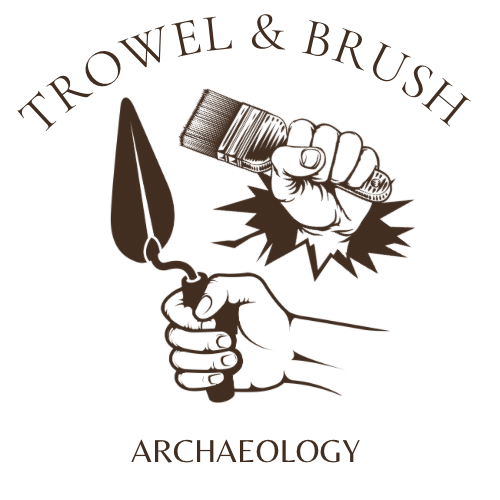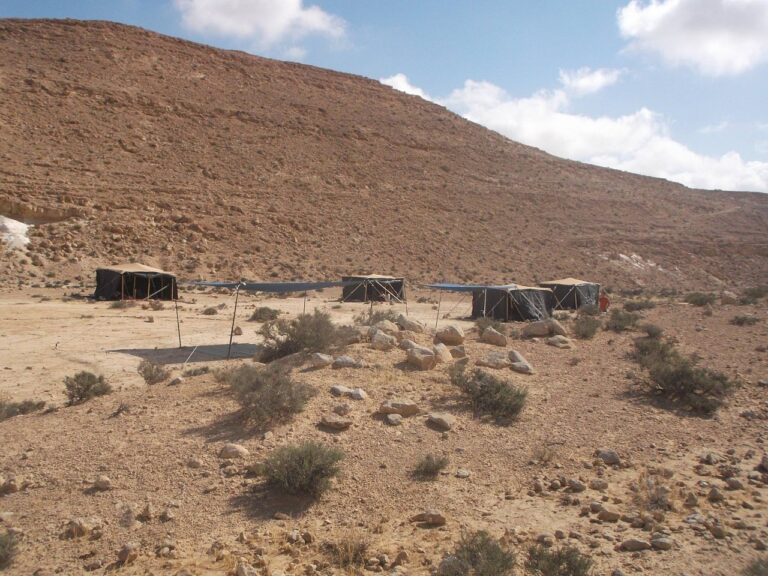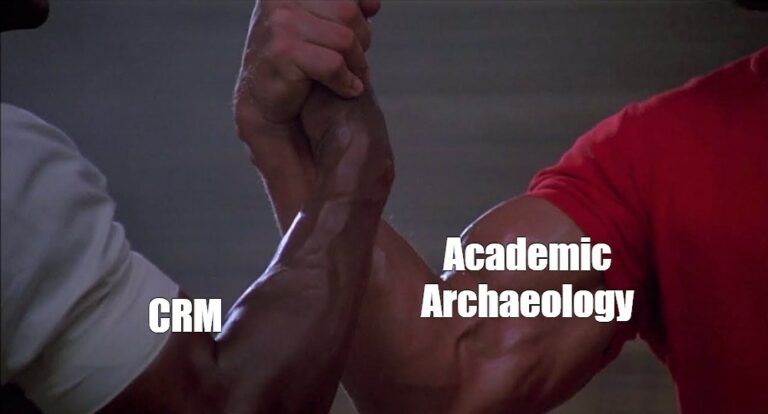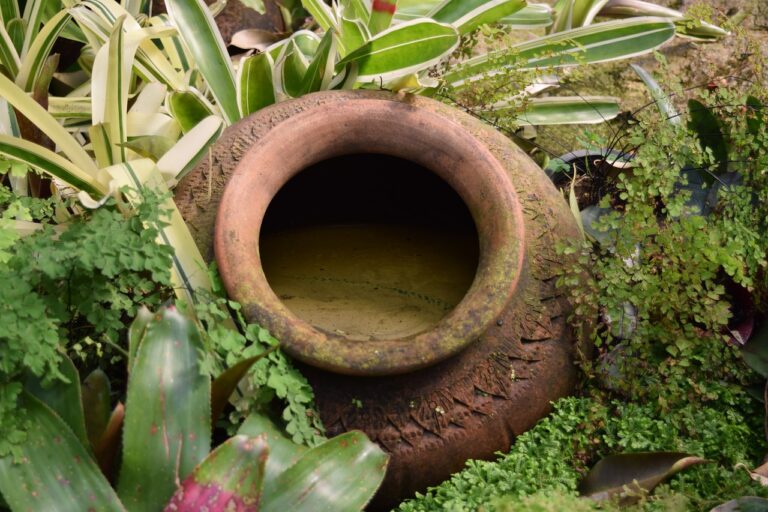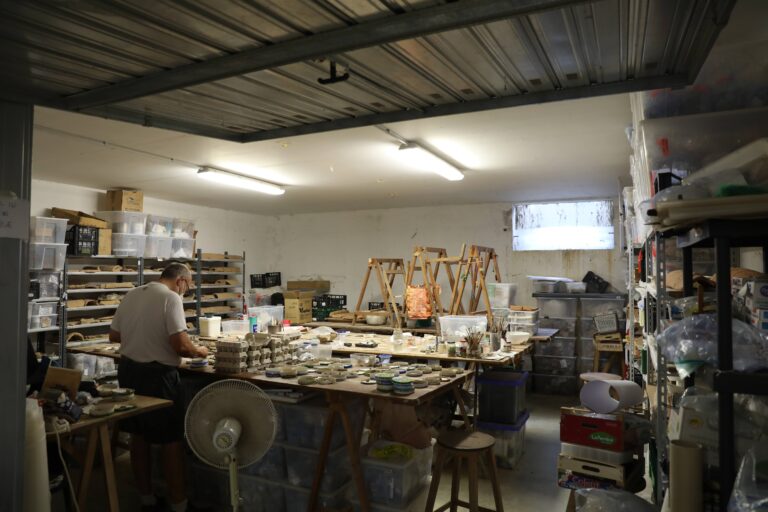Your Guide to Becoming an Archaeologist
In this article, I will provide you with a comprehensive guide on becoming an archaeologist, offering valuable insights, practical tips, and a unique perspective to help you embark on this captivating adventure.
If you have a passion for uncovering ancient mysteries and exploring civilizations long gone, a career as an archaeologist might be the perfect fit for you.
To become an archaeologist, you should pursue a degree in archaeology or a related field. Gain hands-on experience through a field school or volunteer programs. Network with people in the field and make friends, don’t be afraid to reach out. Finally, explore career opportunities that are available.

Understanding Archaeology
Before delving into the path of becoming an archaeologist, it’s essential to understand the field and its significance.
Archaeology is a multidisciplinary science that combines elements of anthropology, history, geology, and other disciplines to decipher humanity’s past.
As an archaeologist, you’ll analyze artifacts, excavation sites, and ancient remains to piece together the stories of our ancestors.
For more information about what an archaeologist is, visit our other article on the topic here: https://trowelandbrush.com/what-is-an-archaeologist/
Academic Path
To become a professional archaeologist, acquiring a solid educational foundation is recommended.
Begin by pursuing a bachelor’s degree in archaeology, anthropology, or a related field. These programs offer courses in archaeological theory, field methods, cultural history, and lab techniques.
To enhance your prospects and stand out, consider pursuing a master’s or doctoral degree in archaeology or a specialized subfield.
These advanced degrees provide opportunities for fieldwork, research, and specialization, allowing you to develop expertise in a specific area of interest.

Gain Hands-on Experience
While classroom education is essential, practical experience in the field is equally vital for aspiring archaeologists.
Seek opportunities to participate in excavations, internships, or volunteer programs at archaeological sites or museums.
These experiences will provide hands-on training in excavation techniques, artifact analysis, and data interpretation.
To stand out, consider participating in field schools or archaeological projects abroad. These experiences offer exposure to diverse cultures and excavation methods, broadening your perspective and strengthening your resume.
For more information about which field school is right for you, check out our other article on the topic here: https://trowelandbrush.com/what-field-school-is-best-for-me/
Networking and Professional Development
Building a network of contacts in the field is invaluable for career advancement.
Make friends on your expeditions, and join professional organizations such as the Society for American Archaeology or the Archaeological Institute of America.
Attend conferences, workshops, and seminars to connect with experienced archaeologists, stay updated on current research, and showcase your work.
Moreover, publishing research papers, articles, or presenting at conferences can significantly enhance your professional credibility and visibility.

Career Opportunities
As an archaeologist, various career paths await you.
Opportunities exist in academia, museums, government agencies, cultural resource management firms, and private consulting.
Research positions, curatorial roles, and excavation projects are common avenues for archaeologists.
To boost your employability, consider developing additional skills such as geographic information systems (GIS), 3D modeling, and digital archaeology techniques.
These skills are becoming increasingly relevant in the field and can set you apart from other candidates.
If you’re interested in getting out in the field, I heavily recommend joining the ShovelBums mailing list. It is the worlds largest provider of Archaeology, Academic, and Cultural Resource Management (CRM) related jobs. Check them out here: http://shovelbums.org/
Conclusion
Becoming an archaeologist is an exciting and rewarding journey.
By understanding the field, pursuing the right education, gaining practical experience, networking, and continually developing your skills, you can unlock the wonders of the past and contribute to our collective understanding of human history.
Remember, patience, perseverance, and a passion for exploration are key traits that will fuel your success as you embark on this extraordinary career path.
